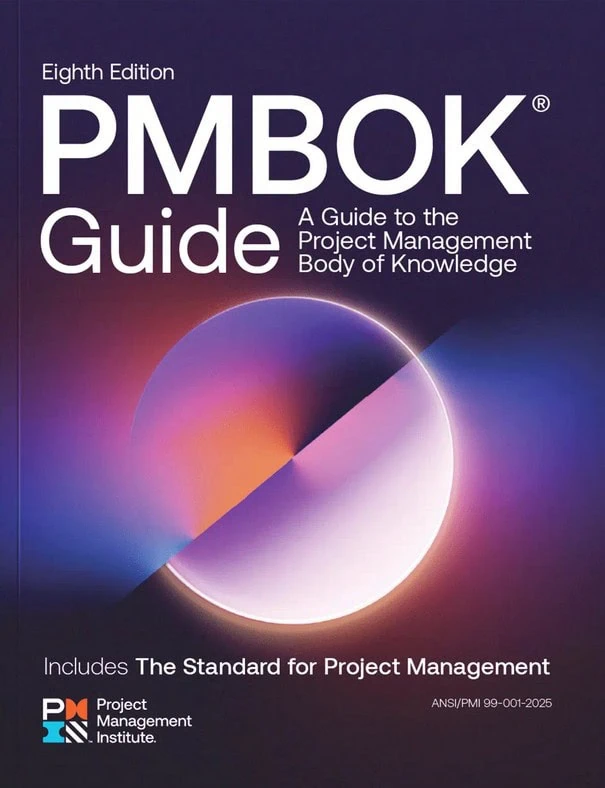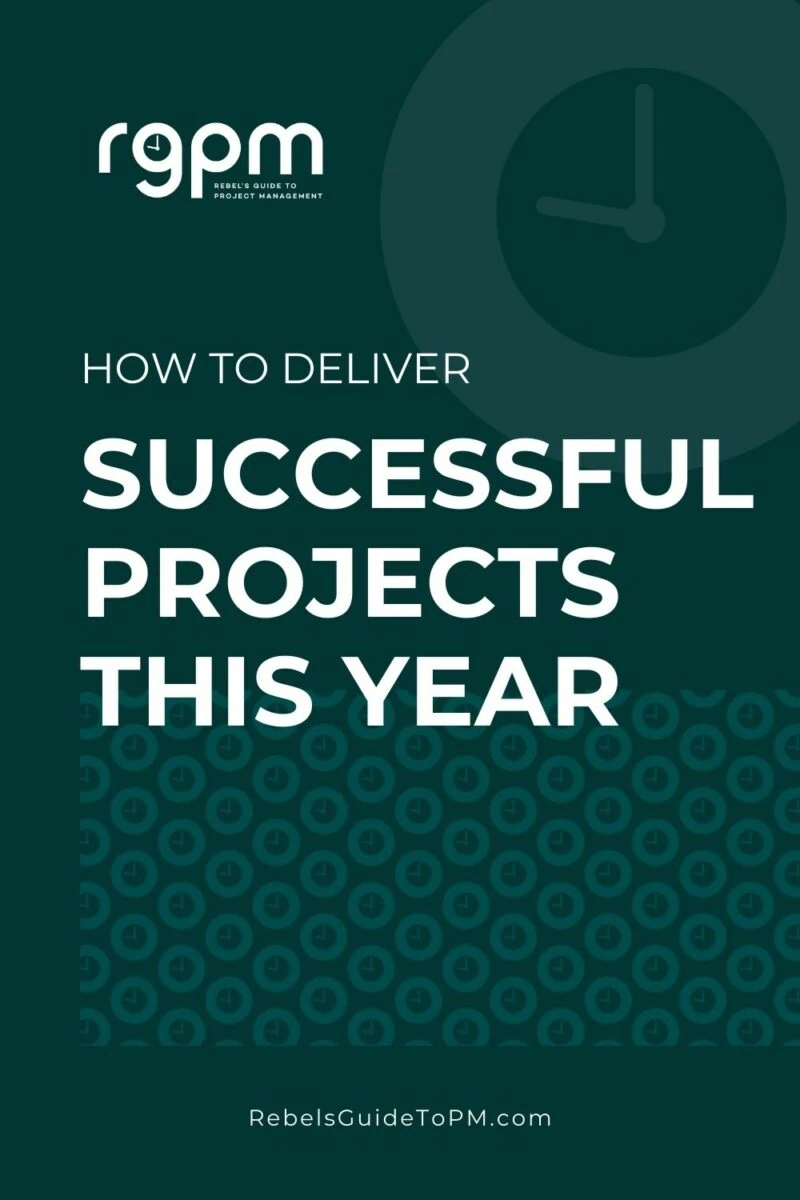How To Make 2026 A Successful Year for Your Projects
Would you like to make 2026 a successful year for your projects? I’m sure you do — it’s kind of expected for us in project delivery roles.
But what does it take to be successful? What does success even look like for you? That’s the starting point: what does it mean to be successful or to have successful projects?
For me, it means:
- A decent work/life balance
- Fun, manageable projects that don’t feel like dramas all the time
- The support of my PMO and sponsors, and reasonable demands from management
- Being able to get things done and deliver tasks, hit milestones and demonstrate that I am delivering.
Is that the same as for you?
Possibly not, but you’ll have your own ideas about what it will look like, when you reflect back in December 2024, that define personal and professional success for you in the preceding 12 months.
So that’s what we define as success. But how do we get there?
The skill that will make you successful as a project leader
I think professional judgement is what sets excellent project managers apart from good project managers.
Business acumen and the ability to navigate office politics help you get work done when your project isn’t textbook.
This year, I think we’ll see (and expect) more and more good project managers flexing their professional judgement. You want to do an
You want to get commitment from project sponsors? Put a recommendation forward about how things are going to be different. Be braver. Be bolder.
Generally, in my experience, if you are acting in the interests of your projects and your organization, no one is likely to fire you over your actions. So assume positive intent from your stakeholders and trust your judgement!
We have more flexibility to adapt project approaches to our environment than ever before, but we need to have a solid basis for making the right call before we make tailoring decisions. Plus it helps to be a bit brave and to have someone in your corner!
Mentoring is one way to take control of your own development needs. I think the complexities of your project management environment will encourage more managers to seek out mentors and coaches for themselves and their teams.
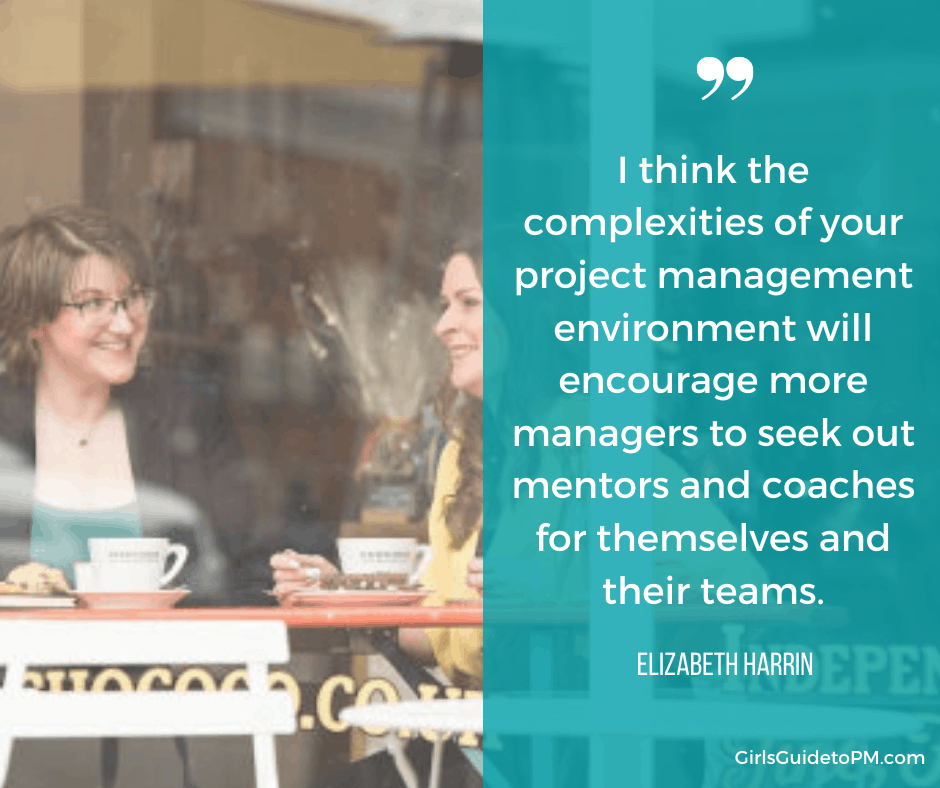
But that’s just my view. A while back, I asked project management experts what we should be aware of as we go into the new year to achieve their most successful year ever?
And this article is a summary of what they replied.
The collected wisdom in their answers is incredibly valuable. I’m sure you take away tips and ideas for making this your best year yet managing projects at work.
It’s a lot to read, so here are some spoilers drawn from common themes I heard time and time again in the interviews:
Agile : if you don’t know enough about it, you need to start learning.- Soft skills, interpersonal skills, emotional intelligence: whatever you call it, these are crucial and stakeholder management and communication come out top time and time again.
- Leadership: ethical, authentic leadership is what helps get work done and set you apart from your peers.
And in no particular order we start with:
Mark Phillips
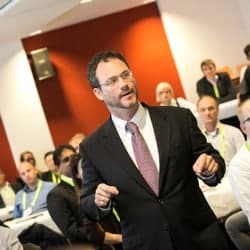
High performing teams are motivated by an exceptional vision. Work with your stakeholders to craft a clear and powerful vision for your project or your particular phase of the project. The vision becomes a touchstone for difficult discussions with stakeholders, a path to unity for all project participants and a guide post for decision making with your team throughout the project.
These past few years have seen an incredible evolution in the way software is built. In these next years, we’re going to see a new wave of what software can do with the growing capabilities of machine learning, artificial intelligence and data pipelines across enterprises.
Mark Phillips runs a consultancy focused on high performing projects. He is the author of Reinventing Communication by Routledge, a book on how to design, lead and manage high performing projects.
You can see Mark’s book, and all the other experts’ books on Amazon here.
Ranjit Sidhu
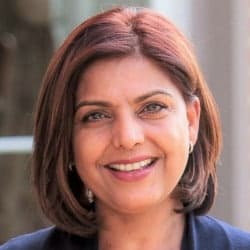
As we go into next year, you should be aware that self-care and wellbeing are trends worth promoting not only because they feel good, but because they lead to better productivity and happier people.
The extension of self-care is caring for others, also crucial for project management and
Going with the flow seems to go against years of traditional project management thinking, but we have found it easier to do by focusing on our bigger purpose and values, all while remaining
Ranjit Sidhu, Managing Director of ChangeQuest, is a recognised authority on
Ben Aston
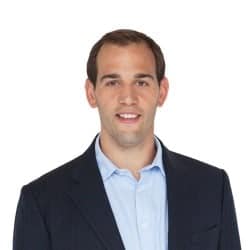
It might seem like we could let our increasingly
But we can do better. Successful project managers will be those that embrace the mantle of leadership.
This starts with a solid understanding of success, beyond cost, schedule and scope. Think about how you’re delivering on the project’s strategic goals and how you’ll be able to demonstrate the ROI that your stakeholders need to look good. Remember your stakeholders’ tacit goals too — you’re in the rockstar-making business. Make them look good, and in turn, they’ll make you look good.
When you know what success looks like you can inspire, motivate and lead the team with a clear unifying vision. Help your team get hold of the vision and understand why they should care and how they can take ownership to be meaningfully involved.
Throughout the project, leadership is simple: you serve your team. Project leadership is about how far you can advance those on your team to be the best version of themselves. Practically that means asking yourself how are you going to make your team’s life better today? A well-documented plan? Proper briefs? Donuts? Be the person that moves mountains for them. And they’ll repay you in kind.
Ben Aston runs the blog The Digital Project Manager, the weekly Digital Project Manager podcast, and is a digital project manager in real life too.
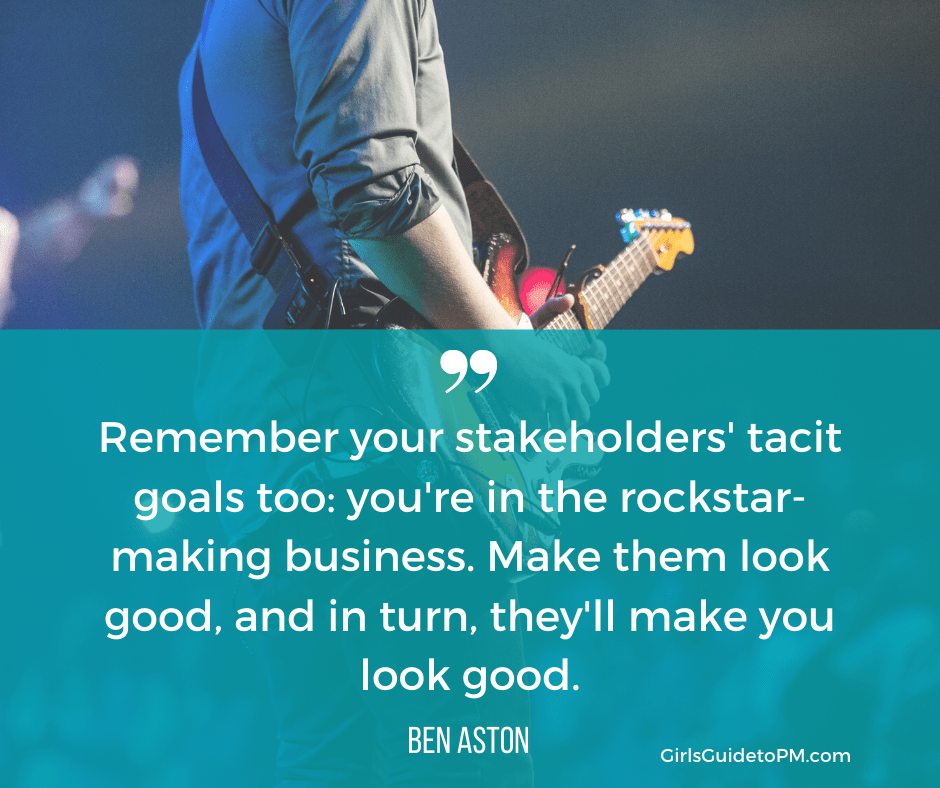
John Estrella
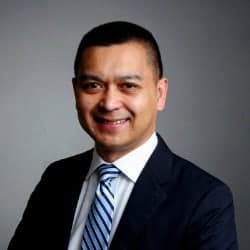
We can’t ignore PMI’s direction to incorporate adaptive life cycles such as
External factors around projects are constantly changing at a breakneck speed which makes it challenging to definitively control the outcome without frequent course correction.
A Guide to the Project Management Body of Knowledge (also known as the PMBOK® Guide) is core reading as prep for PMI exams.
PMI’s Project Management Professional (
John A. Estrella, PhD, CMC,
Mike Clayton

Focus hard on your communication with stakeholders. Whatever your level of commitment to this vital task, please review how you can do even better. This may be by adopting a new tool or approach, learning some new skills in listening, influence, or negotiation, or maybe simply allocating more time to it.
Dr Mike Clayton is one of the most in-demand project management trainers in the UK. He is author of 13 best-selling books, including four about project management. He runs the online training site, OnlinePMCourses.com.
Helena Lui

Helena Liu,
Sarah Parsons

For a successful year my number one piece of advice is to do the basics well. Communicate thoroughly, be consistent and remember that your role is focused on both getting the work done and supporting the team.
This isn’t ground-breaking, but a surprising number of project managers don’t do the basics well.
If someone emails you, email them back. If you owe someone information, or have promised to deliver something, deliver it. If you said you’d have an answer and you don’t, communicate that early, clearly and with a solution in mind.
Consistently do the basics of your job well and you will stand out from the majority of your peers.
Sarah Parsons, MBA and founder of StrategySarah.com, helps busy professionals make it easier to get life and business done.
Bill Dow

With the likes of PowerBI and Tableau taking off around dashboard and reporting, I think our executives and leadership are going to want to see more project data real time.
Bill Dow,
Jonathan Norman

I suspect that we may be faced with increasing political turbulence, which may have a significant impact on your organization or the projects that you are running.
The lesson I need to remember is that, whilst experimenting is an integral part of innovation, the most successful programs are those that recognize the ongoing needs of business-as-usual and balance the tried and tested with the new.
Jonathan Norman was the Knowledge Manager for the Major Projects Knowledge Hub in the UK and is now a freelance contractor.
Monica Borrell
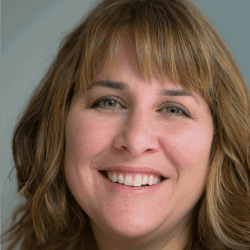
I am noticing two trends. First, virtual teams are becoming the norm. Second, the use of lean and
These two trends taken together mean that visual, collaborative tools are becoming more important to teams. Visual, lean tools that truly engage all team members are going to become essential.
Collaboration with context is my current mantra. The context is the visual board in whatever configuration best suits the particular project and team.
Monica Borrell,
Colin Ellis

The secret to continual project success lies in the ability to build great teams. Teams that understand what it means to be the best versions of themselves, how to hold each other to account, how to behave and communicate.
Teams that know how to challenge each other, to work autonomously to deliver great products and that take responsibility when others are struggling.
Teams that take the time to celebrate success, to socialize and that put effort into relentlessly developing themselves and the way that they do things.
Empathy lies at the heart of great teams and project managers should be role models for this, putting time and effort into demonstrating the behaviors expected of others and building relationships so that bonds can be built and maintained.
Project managers, and scrum masters for that matter, that wish to stay
relevant for years to come need to develop their emotional intelligence and
Colin Ellisis an award-winning international project management speaker and trainer. He is the author of two project management books:The Conscious Project Leader and The Project Rots from the Head. Find out more about Colin’s work at colindellis.com
Soma Bhattacharya

I think the goal for every project manager should be to upgrade their certification to an
Soma Bhattacharya is an
Vasil Klimko
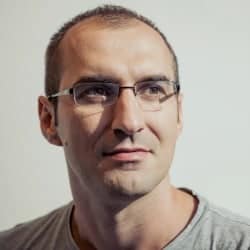
As collaboration software evolves, project managers will be able to further expand their scope for talent. Highly talented freelancers no longer need to travel into a major metropolis to find work in their industry.
What I think we’ll see next year is that tools will be developed that will allow these freelancers to take their credibility with them across projects, allowing potential employers to judge work and merit based on data and results, not just word of mouth.
I see a future where Project Managers will be able to reference a talent hub to see how freelancers have delivered work in the past as well as view client feedback.
Vasil Klimko is a sales and operations management specialist.
Brett Harned
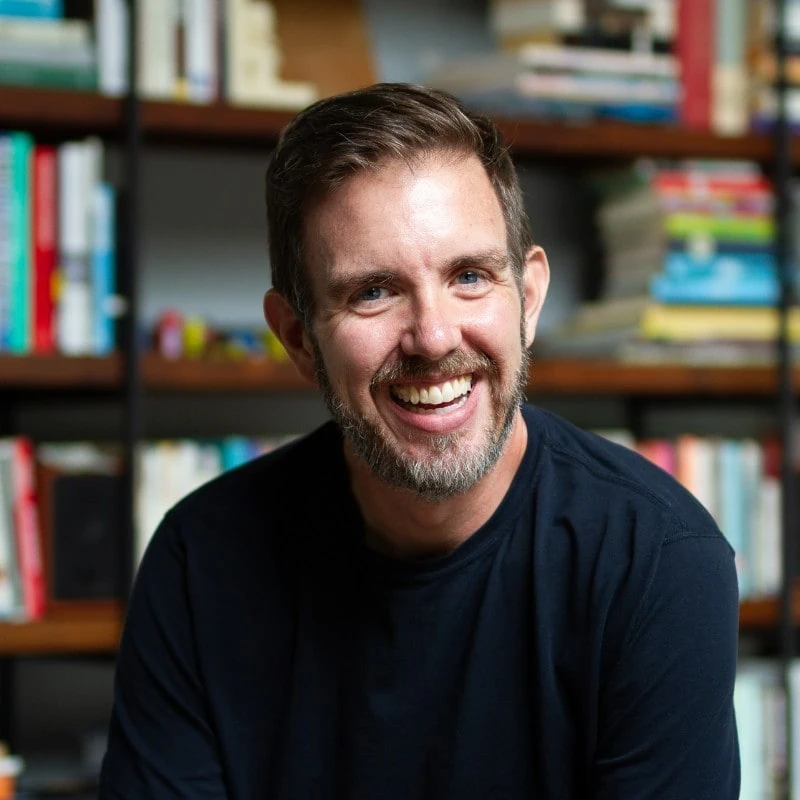
The best way to make next year your most successful year yet is to plan for it! It sounds like such a PM thing to say, but it’s true. As PMs, we so often are focused on other people’s (team members, stakeholders) goals that we often fail to think of ourselves.
We love lists, so get to it: you know you’ll feel great if you have a roadmap for the year and you can meet milestones regularly. That, in and of itself, will make the year a success.
Brett Harned is a Partner at Same Team Partners, author of Project Management for Humans, and the founder of the Digital PM Summit.
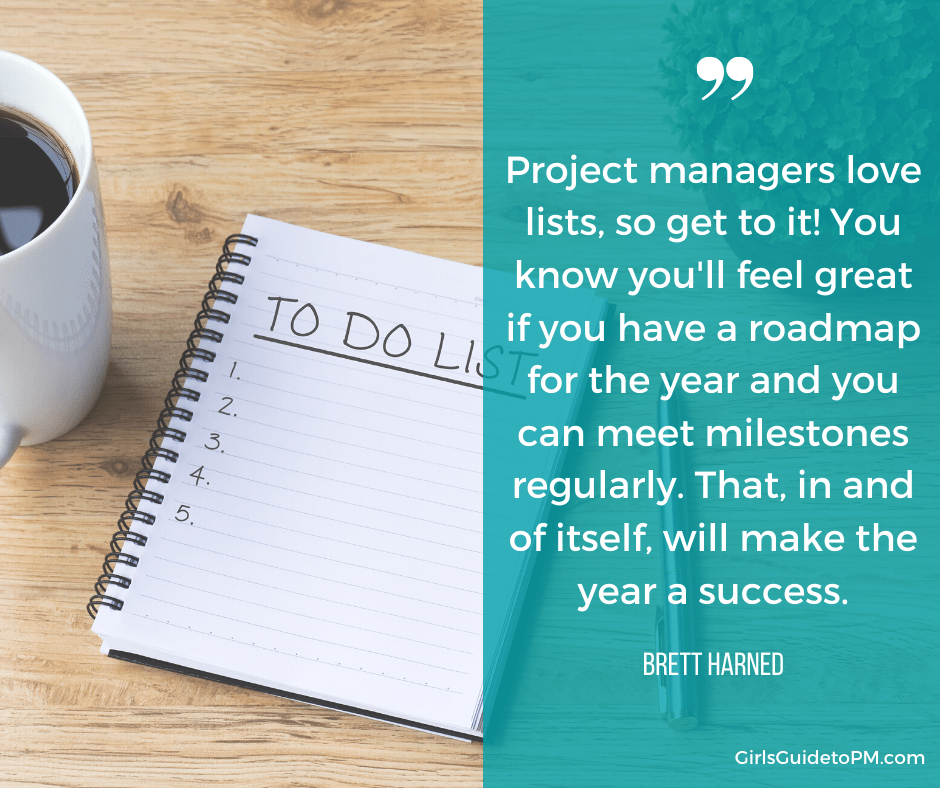
Nicole Nader
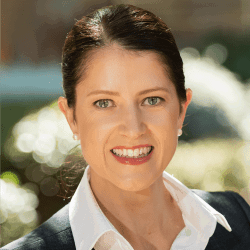
I believe that the fastest and most effective way to make my team the best team is for me to be my best self.
People respond instinctively to body language, words, tone and enthusiasm: if my verbal and physical cues indicate that I am uninspired and unmotivated, then why would I expect my team to have pep in their step and a passion for what they are doing?
For me, my best self starts by prioritizing the routines that bring about my best performance. This means putting my health (physical and mental), fitness and family first, even when everyone else is throwing their own problems in my direction. It’s only when I have this in hand that I can really start to relate to my team on a personal level, find out what makes them tick, and truly lead by example.
Nicole Nader was a Board member of the Australian Institute of Project Management in 2018.
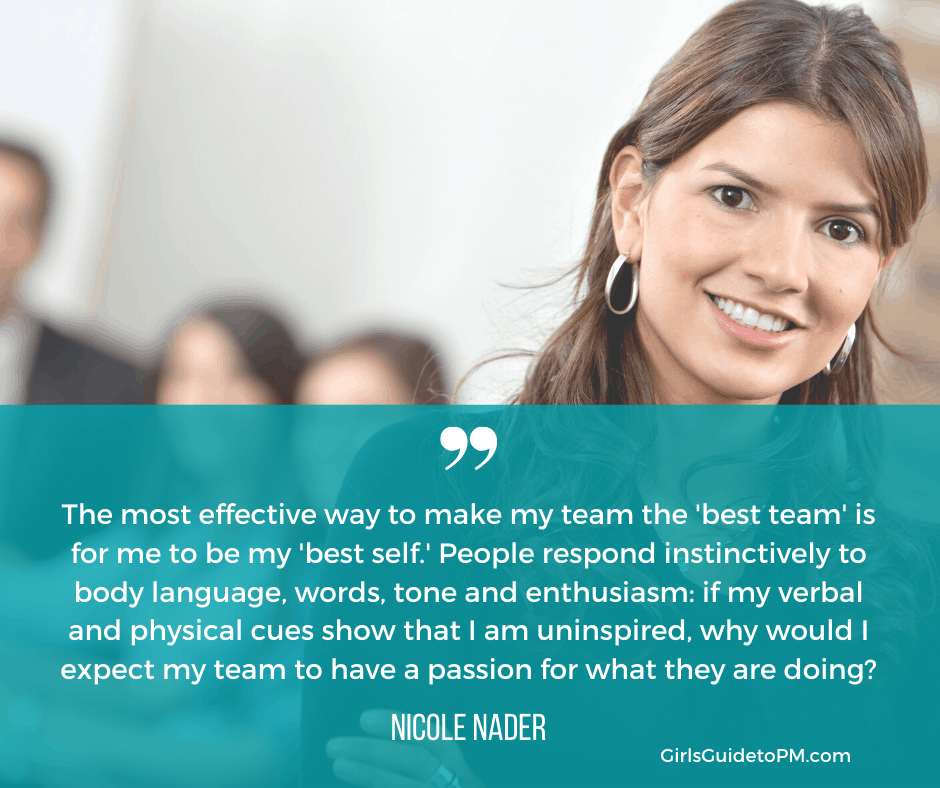
Andy Kaufman
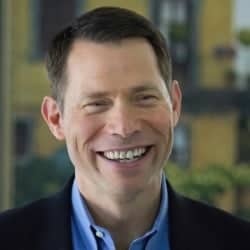
To be more successful in the coming year, the most important thing you can do is to learn how to calculate critical path by hand.
Hah! That’s not even remotely true! For most project managers, your success in the new year has less to do with your technical project management skills. Rather, as with most years, your ability to thrive has much more to do with your ability to lead and influence.
As I work with project managers around the world, increasingly there’s one success trait that I find could use a tune-up. In a word, it’s assertiveness.
Here’s what I wish for you as you start a new year. Dial up your assertiveness, even if just a little. Speak up a little more often. Lean in a little more to the opportunities before you. Try some new things you may have checked out on.
Andy Kaufman,
Louise Worsley
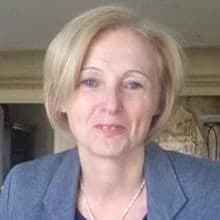
As a project coach, I get many opportunities to ask the question, “What did you learn from most over the last few years?” So far no one has ever answered; “There was this great course…”
Most adult learning comes from relevant experience: challenges faced on a project, interactions with peers, or opportunities which force reflection upon and make sense of our experience.
Creating your personal learning environment is more than just responding to immediate needs in the workplace. It’s a way of life, a way of becoming a modern professional learner to meet today’s ever changing challenges.
Louise Worsley is a PPPM consultant and a visiting lecturer in project management at The University of Cape Town. She is also the author of Stakeholder-led Project Management: Changing the way we manage projects.
Robin Burk
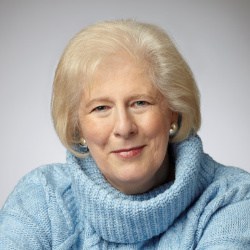
The effective project manager has a way to deal with unexpected change and uncertainty. She builds resilience into her team, her approach and her response to unanticipated events.
Resilience means being able to absorb unexpected events and changes while still reaching your goals. The effective project manager can do even more: she can build a team that is so resilient they are antifragile and thrive on change. And that will be increasingly important.
Dr. Robin Burk has extensive project, program and executive management experience in rapidly changing tech markets. She is the managing director of Analytic Decisions2 LLC and author of Check Your Connections: How to Thrive in an Uncertain World.
Ray McKenzie
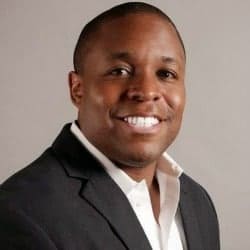
There’s an increase in distributed teams, personnel, and abilities within organizations. The ability to capitalize on the strengths of distributed teams is in project management.
As distributed teams continue to evolve in the workplace and for companies, it is extremely important to select the right tools to ensure a project is completed successfully. Project managers should utilize tools that provide visibility for the entire team, provide clear structure for projects, embrace an
This can be through one suite of tools or two tools that provide project management and collaboration. I recommend the use of newer SaaS tools allowing all project team members to participate, provide feedback, and work towards successful projects.
Ray McKenzie, CSM, is Founder and Principal of Red Beach Advisors, a management and business consultant group.
Cristian Rennella

Focus on decreasing interruptions for your team. Also, aim to have fewer goals. Because when you define your goals, remember that the difference is not in quantity but in quality.
Instead of 5 goals define only 3, the most important. Work on them with dedication and excellence.
The difference in your work is in the depth that you can give to each topic. That way you will achieve perfection in your profession and success in the long term.
Eng. Cristian Rennella is the CEO of GOcuotas.
Scott Perry
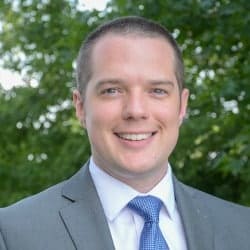
Most of my early career, my main approach to managing my projects could be described as being mostly “administrative” or “coordinating” in nature. My focus was probably too much on things like reporting, data, status meetings, and reaching schedule dates no matter what – sometimes at the expense of quality!
These things are important, yes. But what I’m finding now – and am more convinced of – is that a key ingredient in being an effective project manager is being an effective leader.
A good project manager is at his or her core a good leader! They know how to influence, motivate, create and communicate a vision. They have soft skills, can lead up and down, and can adequately manage organizational politics so that their project can advance as planned.
Scott Perry,
Joe Pusz

Project managers should be aware of how important soft skills are to ensure a successful career. Often times PMs get caught up in the
All of those are important, but not as much as learning to be an effective communicator, team builder, negotiator, and motivator. To make next year a successful year I’d recommend project managers focus on these soft skills to become better leaders.
Joe Pusz is President of The PMO Squad, a project management consulting firm. He has 20+ years as a project manager and PMO leader. Find out more or participate in his Veterans mentoring scheme on the website.
Leigh Espy

The retrospective is an easy one to use to help the team continuously improve. Do this by getting team feedback at various stages on what the team could do better. You can then incorporate any suggested improvements during the project rather than waiting for the information from a “lessons learned” activity at the very end.
Leigh Espy,
Susanne Madsen
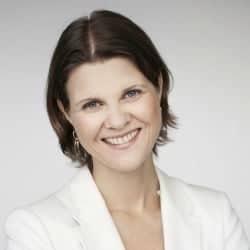
More and more project managers are waking up to the fact that projects aren’t just about tasks and schedules, but also very much about people. But we still have a long way to go.
Everyone would like to be part of a high performing team, but too few managers and leaders put in the effort to create one.
I would encourage all project managers to be more mindful when they form a new project team, to properly engage people in the definition and planning stages and to take the time to explore what they expect of each other in terms of behaviors.
I would also encourage project managers to be more innovative. The world is developing at an unprecedented speed and to keep up we have to continuously look at how we can improve the products and services we deliver along with the tools and processes we use to deliver them.
To get better at improving and innovating it is imperative that project managers create a safe environment for the team to express their ideas and that they set time aside for unstructured thinking. If all they value is compliance and control they will kill innovation.
Susanne Madsen is an internationally recognized project leadership coach, trainer and consultant. She is the author of The Power of Project Leadership and The Project Management Coaching Workbook.
Amy Hamilton
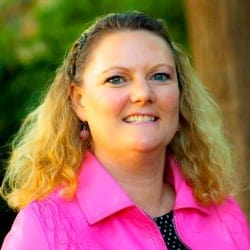
Next year will be a year for ethical and authentic leadership for project managers. Recent events in both the United States and the world have shown that scandals and sensationalism doesn’t work.
Project managers will need to not only have expert technical knowledge to include how to build a work breakdown structure or how to calculate earned value management, but soft skills on how to communicate. In IT project management, especially cybersecurity, technical team members are in demand and they know that they don’t have to work for an unethical or draconian project manager.
Emotional intelligence and understanding the needs of team members will be important to keep top quality team members on board. The newest edition of the PMI standards captures the increasing need for communication management for project success.
Amy Hamilton,
Sarah Coleman
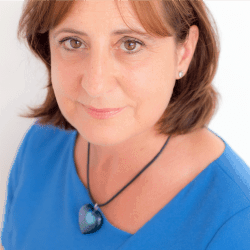
I would like to see PMs across industry sectors and geographies balancing their technical skills set with the behavioral and social skills set. There is an increasing awareness of the impact and importance of behavioral sciences as part of the design, planning and delivery of projects, programs, portfolios and change.
I am particularly passionate about the need for project managers to comfortably influence without authority, moving easily around the organization between the C-suite and operational levels as well as across client and supplier organizations. This is a skill and part of the toolkit which every project professional needs in order to be that much more effective.
Sarah Coleman is founder of Business Evolution and is author of Organizational Change Explained and Project Leadership. She is a Visiting Fellow at Cranfield University.
Traci Duez
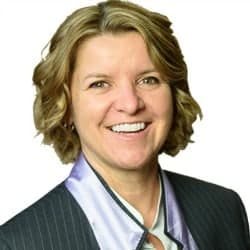
Project management used to be about DOING. In today’s global economy, resources have more options when it comes to employment. These resources want to work for people who are more than task masters. So, then the shift was on to LEADERSHIP.
Before someone can become a good leader, they must be a good SELF-LEADER. This is more about BEING than DOING. You see, you can’t BE a project manager. You can only be a human being who manages projects. The role you play is not the same as the person you are. You can always BE even if you don’t always DO the role.
Traci Duez is a leadership development specialist, author, speaker and the founder of Break Free Consulting. She has over 20 years of experience spanning medical technologist to project manager and executive consultant. She’s also the author of Breaking Free: Leading the Way.
Jonathan Clay
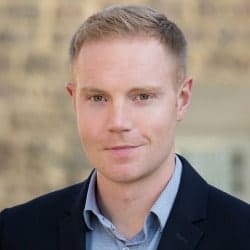
Next year why not make sure you step outside of your comfort zone and do something that scares you every month? If you are scared then it means you are testing yourself.
You gain new skills and knowledge that will help you to excel in both your professional and personal life. I’ve been doing this for years and I never fail to be surprised at what I learn.
Jonathan Clay,
Linky van der Merwe
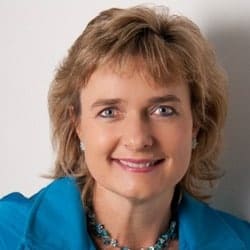
For project managers to remain relevant in the world of project complexity, remote teams and continuous change, we would want to be strategic, flexible all-rounders with an ability to do creative thinking. This will come with support from PMO’s who can read the current business landscape and who will provide the necessary training to develop all project support personnel to support all types of projects.
The need for Lean thinking and developing an
Although existing technical, leadership and other soft skills will remain relevant, the need for higher emotional intelligence will grow, not only for project leaders, but also for team members to become high performing teams.
Linky van der Merwe (
Todd Williams
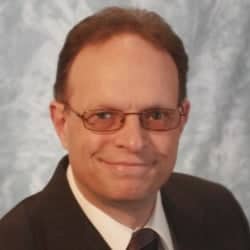
I am continually amazed at how many people refuse to be accountable.
To be sure, I am not simply talking to project managers. This is an issue with executives as much as with people in the immediate project team. Being accountable is not synonymous with a target for blame. Accountability entails making and delegate decisions. Accountability cannot be delegated; that is called scapegoating.
We teach our teams to be accountable by being accountable ourselves and holding our team members to being accountable to themselves. Breeding accountability in our superiors requires the same, but also takes the fortitude to hold superiors accountable through their peers and your relentless accounting of decisions. Regardless, it starts with you.
Todd C. Williams,
Gary Lloyd
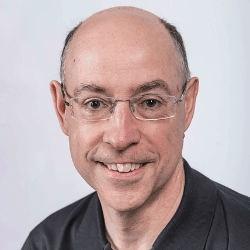
When projects get tough, it’s relationships not processes that make the difference between success and failure. Processes can break down under pressure and you need to be able to have honest conversations with stakeholders and team members.
I have two pieces of simple advice that can help you build great relationships and have those difficult conversations.
The first piece of advice is to remember that: it’s not what you say, it’s what people hear.
What people hear depends on their story about you and way the world works. They have a different mental model of the world and a bundle of beliefs about you and your intention. So pause before you speak or write. Consider what the other person will hear or read, given their assumptions and beliefs.
That leads me on to the second, related piece of advice. Before you speak or write, ask yourself: will it help? Think like a gardener, not a mechanic.
Project managers tend to be an analytical bunch. We have a touching belief that the facts will speak for themselves. This can make it tempting set others straight, to point out a mistake, or lay blame.
Gary Lloyd has been leading IT enabled change for over 20 years, in banking and financial markets. He is also on the executive coaching panel for Warwick Business School, a steering committee member of the School’s mentoring program.
Phew! What an amazing range of perspectives! (And thank you, for making it to the end!)
A version of this article first appeared in 2020.

